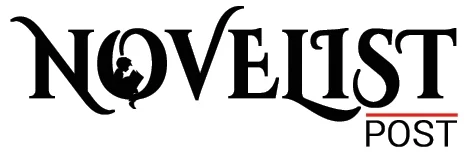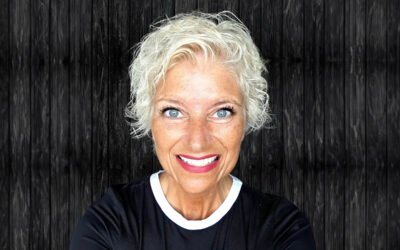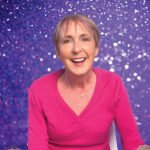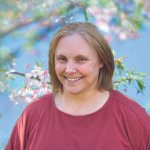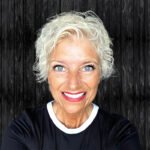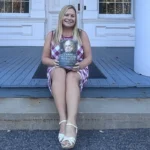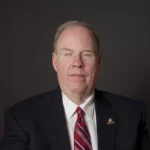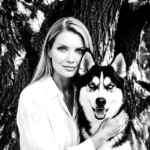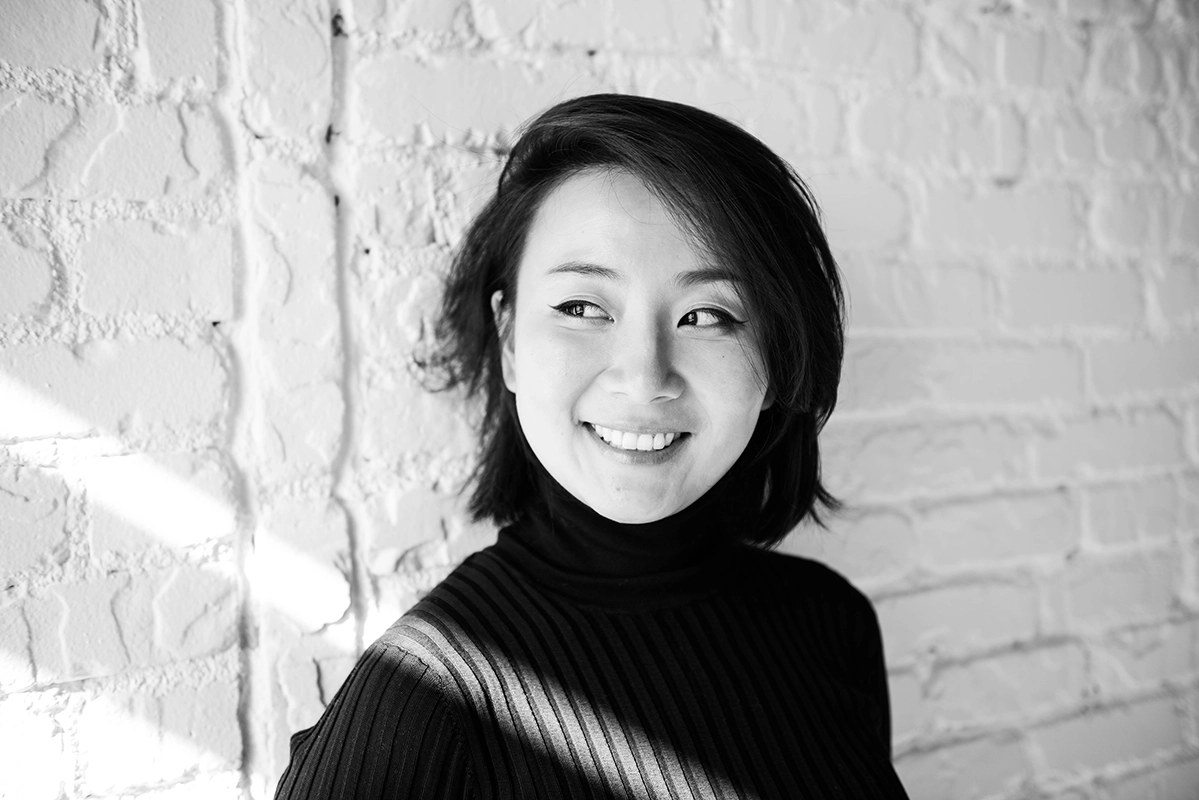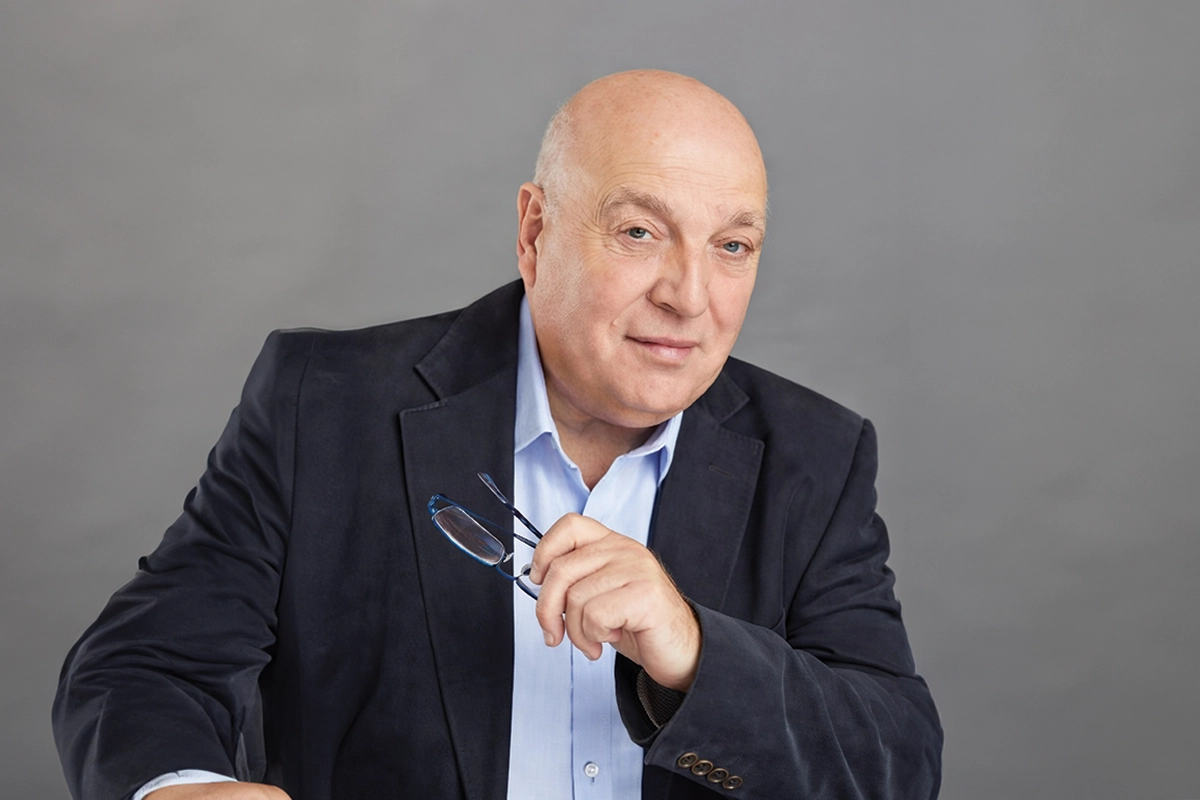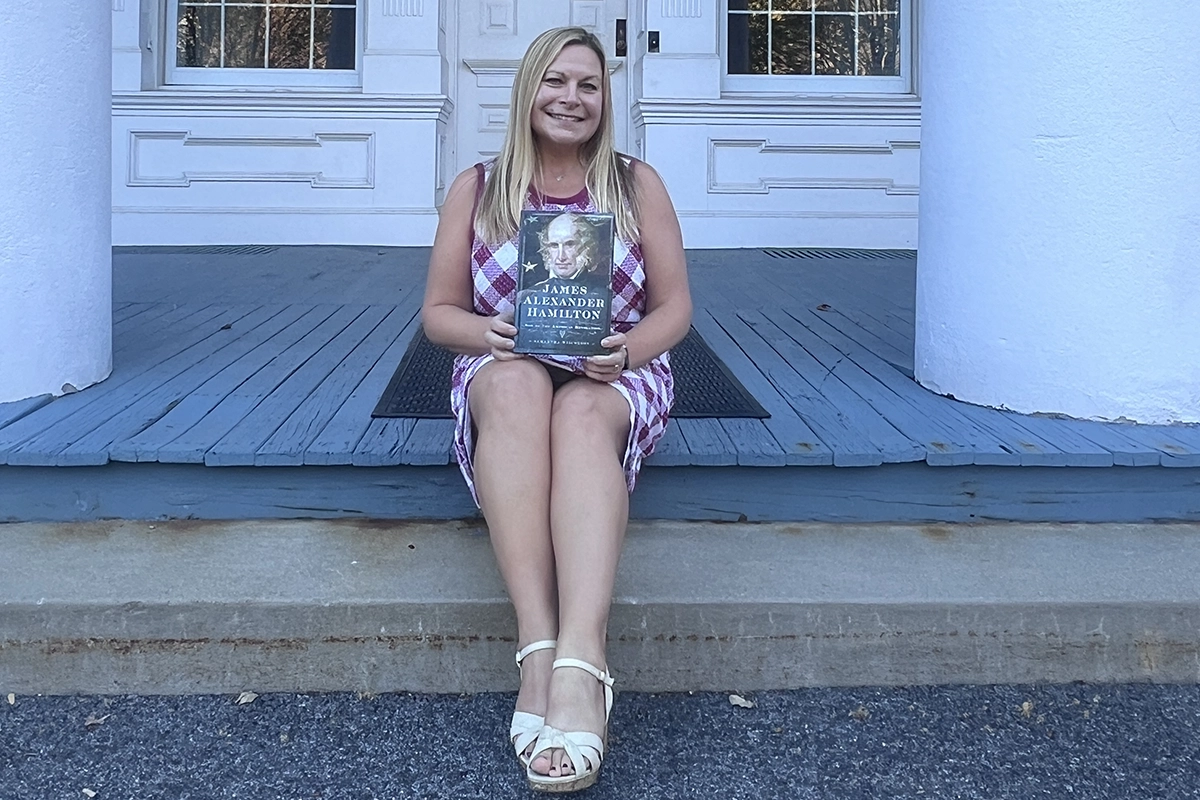Lisa Brace Explores Forgotten Histories and Modern Fame Through Compelling Fiction

PHOTO: Lisa Brace at her West Sussex home, where she writes, runs her business, and bakes her famously elaborate cakes. Credit: Chrissie Brooks Photography
Award-Winning Author On Writing Across Genres, Celebrating Trailblazing Women, And Finding Inspiration Everywhere
Lisa Brace shares the inspiration behind her novels, the joy of writing across genres, her research process, and how journalism, entrepreneurship, and curiosity shape her unforgettable characters and stories.
Lisa Brace writes with the kind of passion and precision that makes her books impossible to forget. Whether she’s crafting a pulse-pounding psychological thriller or immersing readers in the richly textured world of early 20th-century heroines, her work pulses with authenticity, heart, and insight. With three critically acclaimed novels released in just over a year, Lisa has quickly established herself as a versatile and fearless voice in contemporary fiction.
Her historical novels Swim and The Fastest Girl on Earth shine a much-needed spotlight on women who defied expectations and rewrote the rules—women whose stories might have been lost to time if not for Lisa’s determination to bring them to life. Meanwhile, her debut thriller The Fame Trap delivers a sharp, darkly entertaining look at celebrity culture, showcasing her journalistic instincts and razor-sharp wit. Whether she’s writing about fame, ambition, injustice, or resilience, Lisa Brace writes with purpose—and her characters stay with you long after the last page.
In this candid and engaging interview, Lisa opens up about the inspirations behind her novels, the creative balancing act between genres, and how her work as a journalist and entrepreneur informs her storytelling. It’s a conversation that reveals the drive behind the stories—and the storyteller herself.
Lisa Brace is a bold, insightful storyteller whose vivid characters and genre-spanning narratives captivate readers and honor remarkable, overlooked lives.
What inspired you to write about pioneering women like Lucy Morton in SWIM?
In the case of Swim, I saw an episode of The Antiques Roadshow and there was a segment about her on it. After a bit of research I couldn’t believe there’d been nothing written about her. I hadn’t written historical fiction before and there was a lot to learn especially as I wanted to fictionalise her life. But once I’d completed it I started hearing of other hugely inspiring women doing terrific things, whose successes had been lost to history. I wanted to rectify that.
How do you balance writing across two very different genres like historical fiction and psychological thrillers?
I think it suits my brain! I’m a journalist by trade, and when you write about everything from court copy to local government meetings to theatre reviews and everything in between you tend to be a bit of a chameleon. There are quite a few areas which crossover with the genres – both tend to be character driven, for example. Quite often I find I write one in the morning, and the other in the afternoon, because it keeps my brain alert!
“Everything makes a lot more sense when you see it in real life.” — Lisa Brace
What drew you to set The Fastest Girl on Earth in the 1910s, and how did you approach researching that era?
Swim was set during 1910-1924 and I’m really interested in how women were pushing forwards at that time. I came upon a story about a woman called Dorothy Levitt who broke driving records in the early 1900s, and I was fascinated by her. At a time when men did the majority of the driving and generally dominated everything, here was this slight, fashionable woman driving great distances and winning races. I based my character Evelyn Bloom on Dorothy.
Research takes loads of forms. I visit a lot of museums to research clothing, household objects etc, and I made a point of visiting Beaulieu motor museum as they had a car that was very similar to the one Dorothy drove. Everything makes a lot more sense when you see it in real life, so it’s really helpful to research in that way.
How does running your own business influence your writing schedule and creative process?
I have worked for myself for many years and I’m a good boss and employee! I work hard, I work to the deadlines I set and I’m very flexible. It means I can get my writing done in amongst running my business, and I tend to find the two areas of my life rub along fairly well together. I don’t think I could ‘just’ be an author. I like running my own business where I get to meet lots of interesting people, and it helps me get out of the house!
How do you develop the strong, vibrant characters that readers have praised across your books?
That’s very kind! I don’t actually know. I tend to find when I’m writing a new character, or a new story, that I write whatever the nugget of an idea is that I’ve got, and then after a few chapters the character ‘voice’ starts to come to me. I begin to recognise the different characters and their needs and gradually they just sort of come together! I try not to base them on real life people. Certainly not people that I know. Though I do like to people watch and I think it helps to be inspired by certain aspects – other people’s tics and oddities have definitely been ‘borrowed’ for characters.
“I’m a good boss and employee!” — Lisa Brace
Could you share more about the dream that inspired The Fame Trap and how it evolved into a full novel?
In the middle of lockdown I’d had a few too many gin and tonics, whilst watching The Hunger Games and scrolling on Instagram. That night I dreamt I sat on a beach with Simon Cowell, where we drank cocktails and he told me the story of The Fame Trap. When I woke I knew it was a cracker of an idea and I started that day. Still waiting for Simon to turn it into a TV show though…
In The Fame Trap, how did you craft the realistic portrayal of media and social media commentary?
I’ve spent many years involved in the entertainments industry through various jobs. In The Fame Trap I’ve included articles from the media, which I wrote in the style of The Sun and The Mail Online etc. I’m a trained journalist and we started our learning mimicking these types of papers, so it felt natural to write them that way. The social media commentary is sad, I didn’t need to make up a lot of the lines I used, they were all lifted from comments on celeb’s posts, with a dash of my cynicism.
What was the most challenging scene or character for you to write across your three novels?
They’re all so different! I think Evelyn Bloom in my latest novel, The Fastest Girl on Earth was my hardest to write. I want people to grow with her and really believe her story. To begin with she’s quite naïve, but hopefully readers will go with it. The last chapter was definitely the most challenging.
There was a scene in Swim which is stark and when I wrote it I could feel goose bumps as I did it. When the audio book was produced I had a message from the narrator saying she felt really moved by it, which was really good to know.
Having said that, there’s a particular scene in The Fame Trap which feels really important. It’s pivotal for a character called June, and I remember when I wrote it thinking ‘am I really going to do this to her’.
“You won’t find your voice unless you put some words down.” — Lisa Brace
Can you tell us more about the writing retreats you co-host and how they impact your own writing?
I run writing retreats with a fellow author called D.E White, as part of Blue Pier Creative. We offer courses in How to Get Published and Get to The End of Your Novel among many others. I find them really useful when we’re teaching others because we’re in the industry we’re talking about, so we can offer real time advice. It means I’m constantly working to be completely up to date, and it means I have to keep producing novels too, so I’m not just dining out on the one!
What advice would you give to new authors who are trying to find their voice across different genres?
1) Read. Read EVERYTHING. Newspapers, books, comics, random websites that interest you. Read. Even if you don’t know what genre you want to write, or you’re between two, being well read will help no end. You couldn’t write a historical romance if you’ve only ever read sci-fi for example.
2) WRITE. It seems obvious, but I come across it a lot where people have lots of ideas but they haven’t actually written anything. You won’t find your voice unless you put some words down. And you won’t have a finished story/novella/novel if you don’t write to the end of it!
